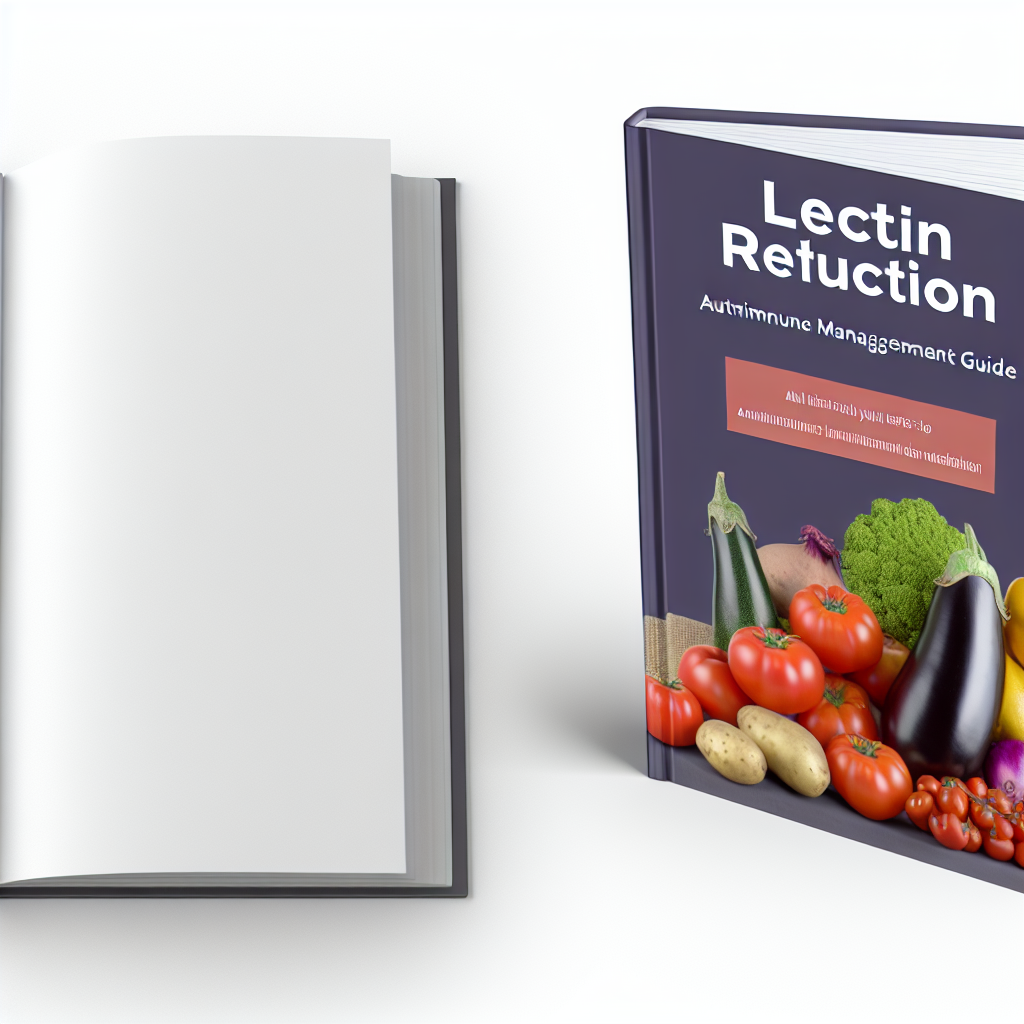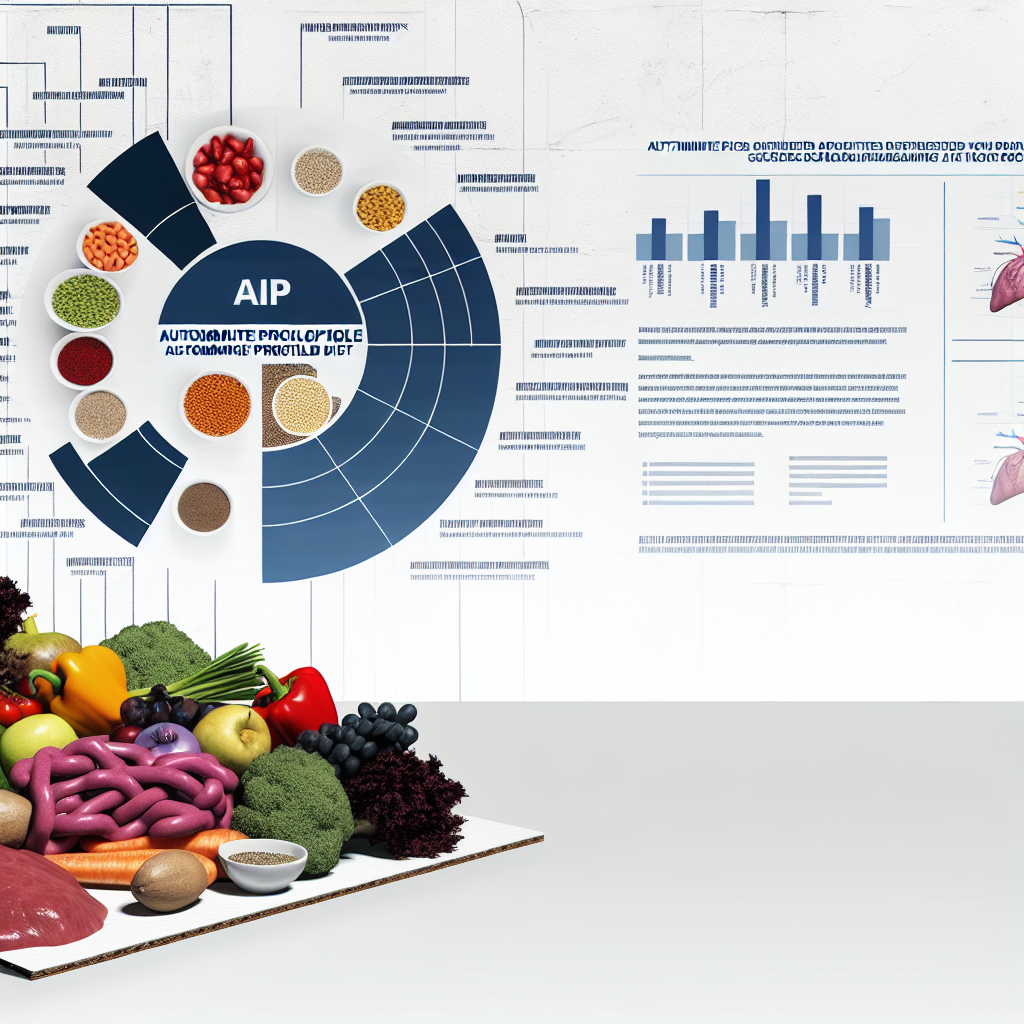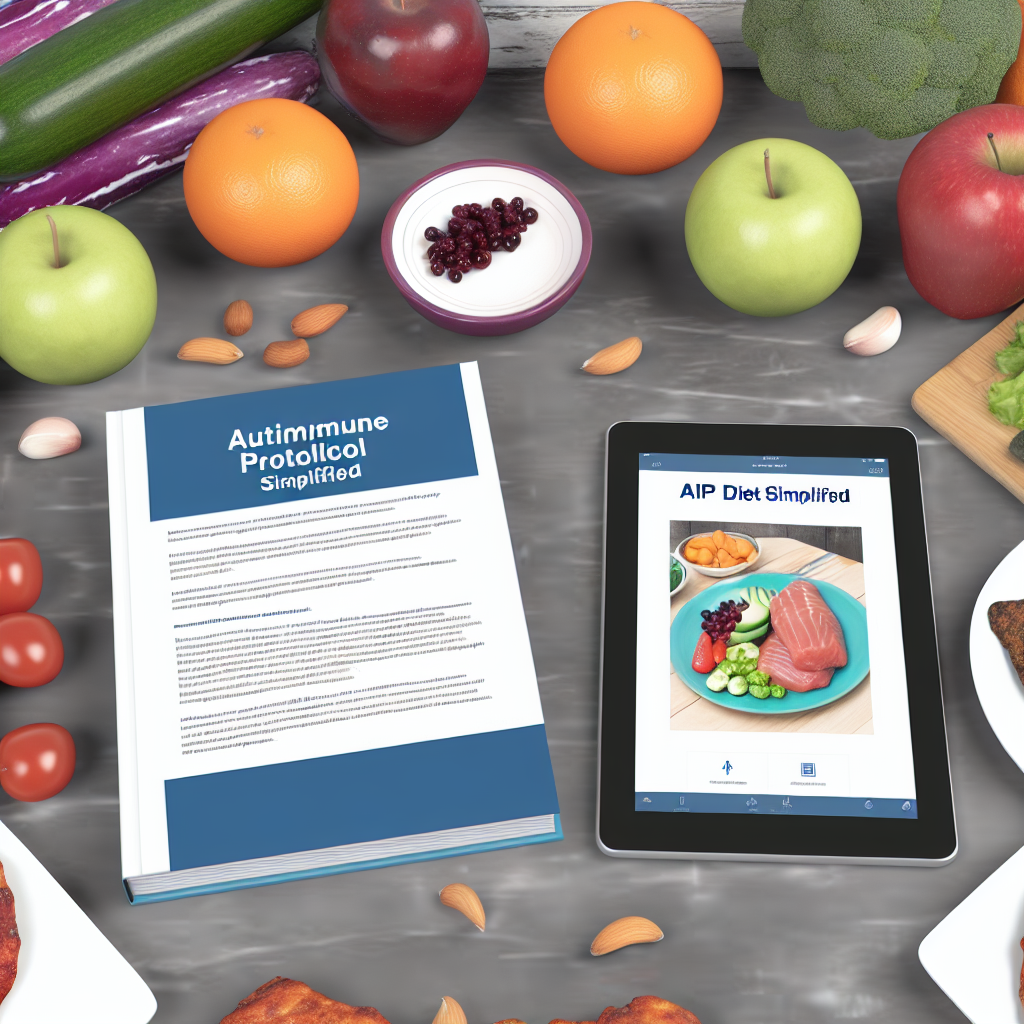Lectin Reduction – Autoimmune Management Guide
Introduction
Autoimmune diseases are on the rise, affecting millions globally. These chronic conditions occur when the immune system mistakenly attacks the body’s own tissues, resulting in inflammation, pain, and other systemic symptoms. Common autoimmune disorders include rheumatoid arthritis, lupus, multiple sclerosis, Hashimoto’s thyroiditis, and celiac disease.
While the root causes remain complex and multifactorial, there’s increasing attention to the role of environmental triggers—particularly diet. One dietary component under scrutiny is lectins, a type of protein found in many plant foods including legumes, grains, and nightshade vegetables (like tomatoes and eggplants), as well as some dairy products. While some types of lectins are harmless or even beneficial when properly prepared, others may contribute to inflammation and a condition known as leaky gut syndrome.
The lectin-reduction diet has gained popularity among individuals with autoimmune conditions seeking symptom relief. This approach involves reducing or eliminating high-lectin foods to minimize immune reactivity, ease gut distress, and support long-term healing. Functional medicine and holistic practitioners often recommend pairing lectin reduction with soothing herbal remedies like slippery elm, marshmallow root, and licorice root to reinforce gut health and balance immune function.
Much of the public interest in this dietary strategy was fueled by Dr. Steven Gundry’s book, The Plant Paradox, which explores the paradox of how certain “healthy” plants may worsen autoimmune or metabolic conditions due to their lectin content. Although academic consensus calls for more large-scale research, numerous anecdotal reports suggest possible benefits of going lectin-free or lectin-light.
This guide provides a deep dive into the science of lectin sensitivity, shared clinical findings, and holistic strategies to integrate lectin reduction into a customized plan for better autoimmune management.
Scientific and Medical Features: The Link Between Lectins and Autoimmune Disease
Over the past decade, a growing body of research connects intestinal health with immune functioning. One of the most compelling theories linking dietary lectins to autoimmunity is through intestinal permeability, also known as “leaky gut syndrome.”
A 2012 study published in Frontiers in Immunology discussed how leaky gut allows foreign molecules—such as toxins, pathogens, and food antigens like lectins—into the bloodstream, resulting in immune system activation. This immune response can sometimes become self-directed in genetically predisposed individuals, potentially triggering or worsening autoimmune disease.
Plant lectins, particularly raw kidney bean lectins (PHA), are known to be highly resistant to digestion. When consumed in large amounts or improperly cooked, they can bind to gut epithelial cells and compromise their structural integrity. The chronic irritation of the gut barrier may cause the immune system to react aggressively over time.
Further evidence, presented in a 2008 article in the Journal of Cellular and Molecular Medicine, suggests that dietary lectins may promote autoimmunity through molecular mimicry—a process where lectin-bearing proteins mimic the structure of human tissues, prompting the immune system to attack both.
From a clinical standpoint, the Institute for Functional Medicine demonstrated that elimination diets—which remove lectin-rich foods—led to reductions in inflammation and notable symptom relief for autoimmune patients. Participants reported improvements in fatigue, digestion, mood, and joint mobility.
Prominent scientist Dr. Alessio Fasano, whose work on celiac disease and zonulin pathways brought the concept of “leaky gut” into the scientific spotlight, underscores how changes in gut barrier function contribute to immune dysregulation. Zonulin, a human protein triggered by certain dietary factors including gluten and possibly lectins, regulates tight junctions in the gut wall. When zonulin levels spike, the gut becomes more permeable—allowing harmful compounds to “leak” into circulation.
Herbal Integrations for Immune and Gut Health
In addition to dietary modifications, many natural health providers recommend herbal supplements that support gut lining integrity and immune balance. Mucilaginous herbs like:
– Slippery elm – coats the digestive tract, easing inflammation.
– Marshmallow root – enhances GI mucosal repair.
– Deglycyrrhizinated licorice (DGL) – soothes upper digestive discomfort and supports adrenal health.
These herbs can be consumed as teas, powders, or capsules and are often used in conjunction with food-based healing to help restore the gut barrier and reduce immune system overactivity.
Conclusion
While more rigorous human studies are needed, both clinical observations and personal experiences point to the promising role of lectin reduction in managing autoimmune diseases. By decreasing immune system triggers, improving gut barrier integrity, and reducing inflammation, this approach may offer substantial symptomatic relief.
Dr. Gundry’s work along with research from Dr. Fasano and others has spurred further exploration into personalized nutrition for autoimmune care. Importantly, dietary changes should be made under the guidance of a healthcare provider familiar with your condition.
Combining traditional herbal practices, dietary science, and functional medicine methods brings a modern, holistic approach to autoimmune management without complete reliance on pharmaceuticals. This strategy empowers individuals to take a more informed, individualized path to healing.
100-Word Summary
Autoimmune diseases are worsened by chronic inflammation triggered in part by diet. Lectins—proteins found in legumes, grains, nightshades, and dairy—are suspected contributors due to their effects on gut permeability and immune activation. Emerging research connects lectin exposure with increased intestinal permeability or “leaky gut,” potentially leading to autoimmune reactions. A lectin-reduced diet, paired with gut-supportive herbs such as slippery elm and marshmallow root, may alleviate symptoms including fatigue, joint pain, brain fog, and bloating. While more studies are needed, many individuals report success from implementing these strategies, making lectin reduction a valuable consideration in autoimmune disease management.
References
– Frontiers in Immunology: Intestinal Permeability and Autoimmunity
– Journal of Cellular and Molecular Medicine: Lectins and Autoimmunity
– NIH on Zonulin and Leaky Gut Syndrome
– Institute for Functional Medicine: Elimination Diets for Autoimmune Support
– Dr. Steven Gundry – The Plant Paradox

Dominic E. is a passionate filmmaker navigating the exciting intersection of art and science. By day, he delves into the complexities of the human body as a full-time medical writer, meticulously translating intricate medical concepts into accessible and engaging narratives. By night, he explores the boundless realm of cinematic storytelling, crafting narratives that evoke emotion and challenge perspectives.
Film Student and Full-time Medical Writer for ContentVendor.com



